Best Vitamin C Supplements in Singapore 2020
Can Vitamin C actually protect you against the flu virus or even the current coronavirus? Are you taking enough of vitamin C? From the dozens of different brands and products, which one should you choose?
 |
Many varieties of vitamin C supplements are available online and offline at your local health stores and pharmacies such as Guardian and Watsons. As consumers, we'd like to think that the vitamins and supplements we buy are almost the same. In reality, this isn't always the case.
Some third-party organizations, such as NSF International, ConsumerLab and LabDoor test supplements for purity and label accuracy. You may want to choose a vitamin C supplement that has been tested by one of these companies.
We have done our research and shortlisted the best for you. The list is based on recommendations by third party organizations and poularity on the local search results.
Some third-party organizations, such as NSF International, ConsumerLab and LabDoor test supplements for purity and label accuracy. You may want to choose a vitamin C supplement that has been tested by one of these companies.
We have done our research and shortlisted the best for you. The list is based on recommendations by third party organizations and poularity on the local search results.
Here are the best vitamin C supplements that you can buy in Singapore today.
1. NOW Foods Vitamin C Sustained Release Tablets (Best Bang for Your Buck)
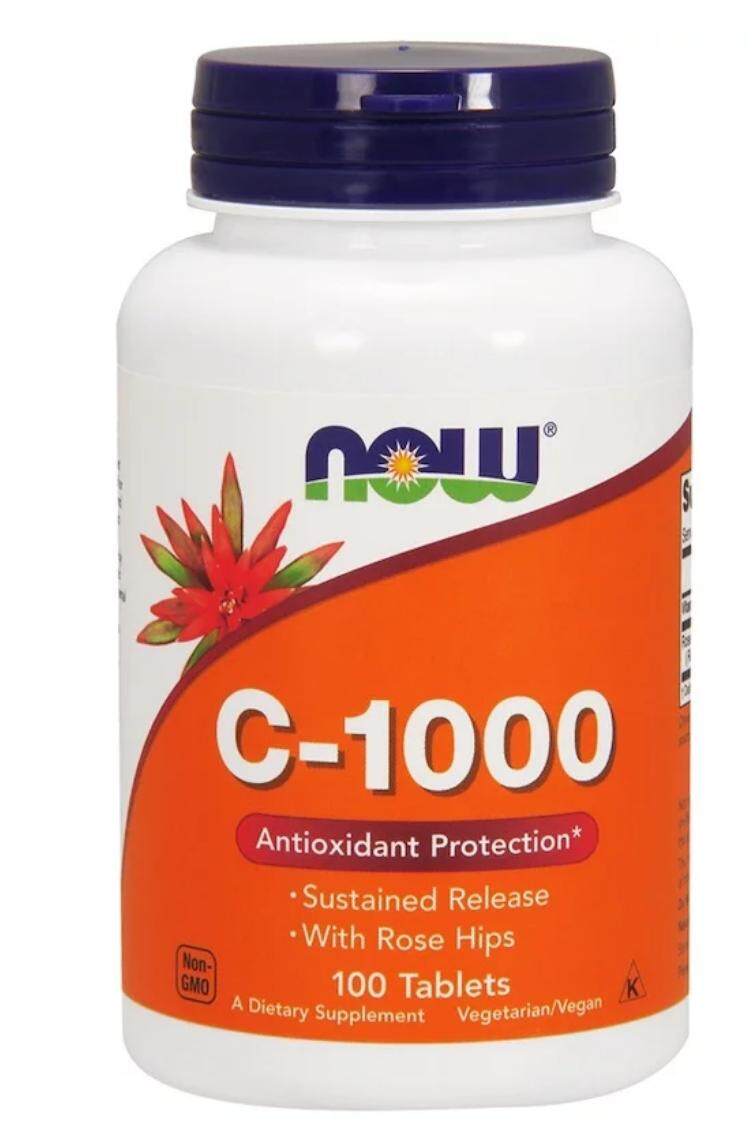
Our take: Bargain-priced, potent vitamin C tablets featuring delayed release.
What we like: Each tablet contains 1,000 mg of vitamin C, costing five cents. Includes rose hips for an additional source of vitamin C. Sustained release so it slowly enters your body. NOW Foods prides themselves on their meticulous testing protocols. Each supplement is tested in-house for purity and potency, and all of their manufacturing facilities are certified by the Food and Drug Administration (FDA).
What we dislike: Tablets are too large for some consumers to swallow (Best Reviews).
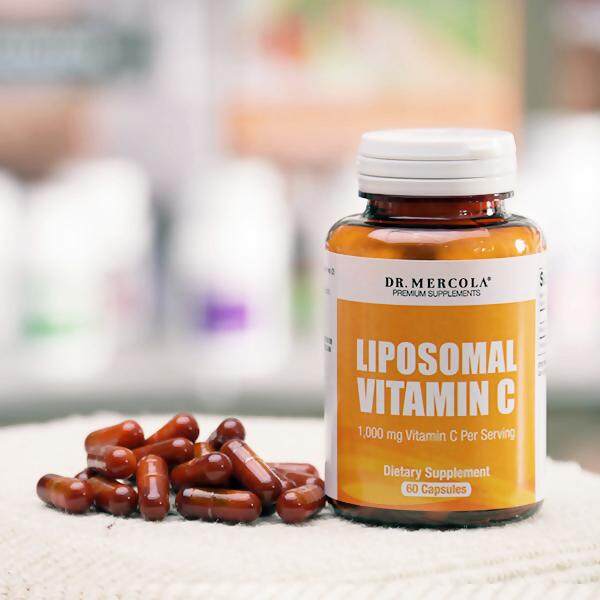
Check Price on Lazada
Key Data from LabDoor (Labdoor is an independent company that tests supplements)
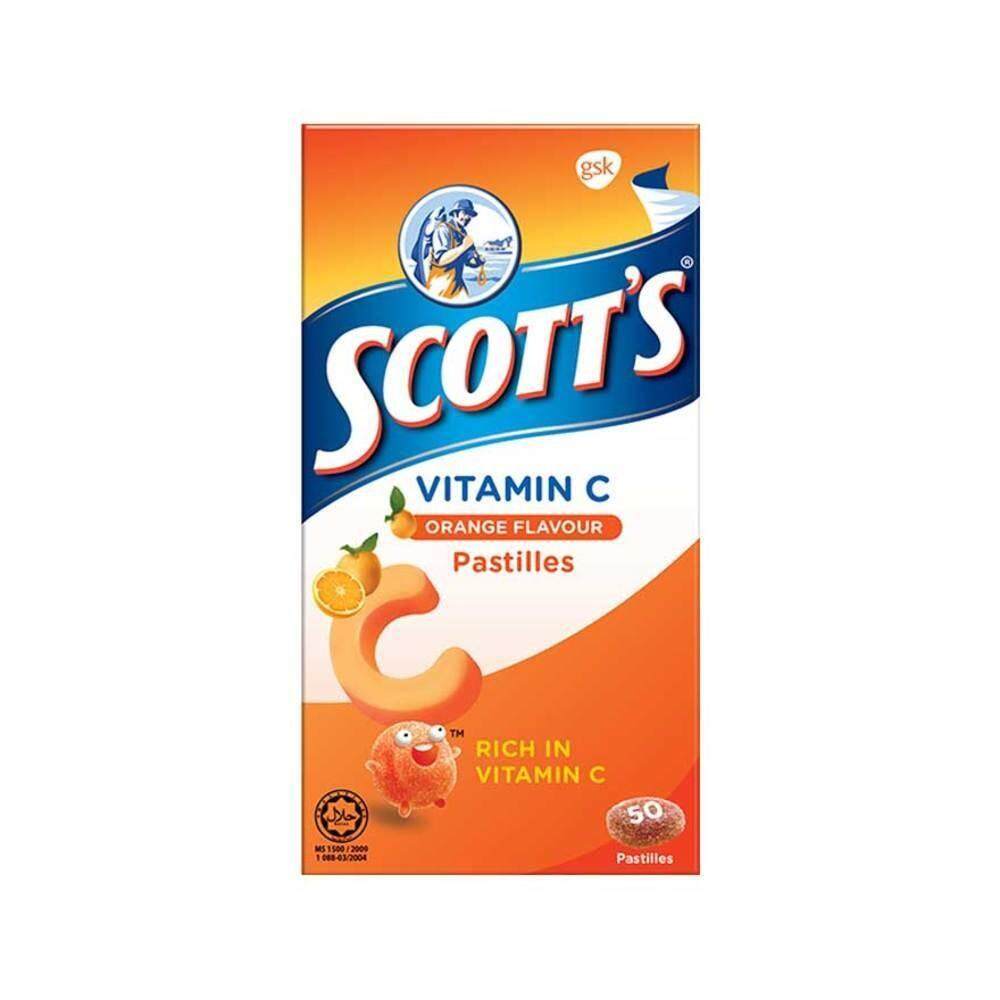
What we like: Each tablet contains 1,000 mg of vitamin C, costing five cents. Includes rose hips for an additional source of vitamin C. Sustained release so it slowly enters your body. NOW Foods prides themselves on their meticulous testing protocols. Each supplement is tested in-house for purity and potency, and all of their manufacturing facilities are certified by the Food and Drug Administration (FDA).
What we dislike: Tablets are too large for some consumers to swallow (Best Reviews).
Quality Rankings: Grade A (LabDoor)
2. Dr. Mercola Liposomal Vitamin C (Vitamin C 1000mg)

Check Price on Lazada
Key Data from LabDoor (Labdoor is an independent company that tests supplements)
- Overall Quality Ranking: Grade A
- Label Accuracy: 99%
- Product Purity: 90%
- Nutritional Value: 100%
- Ingredient Safety: 87%
- Projected Efficacy: 94%
3. Scott's Vitamin C Pastilles (Best vitamin C supplement for kids)

- 21mg of vitamin C per pastille
- Chewy & fun to eat
- Available in mango, orange, mixed berries & peach
4. Blackmores Vitamin C Singapore
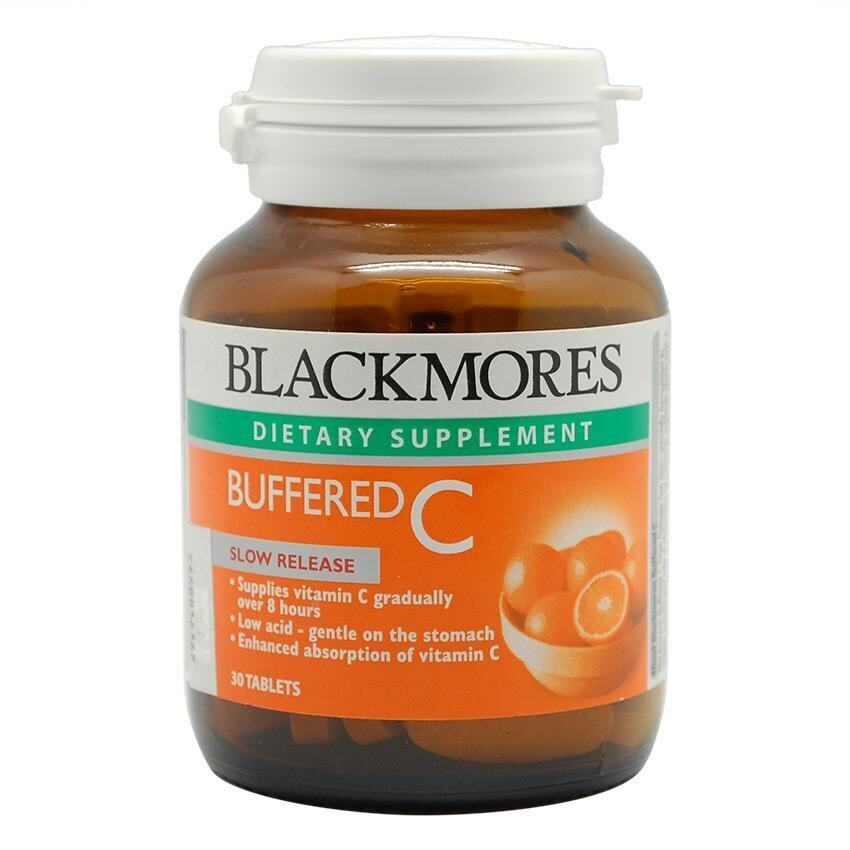
You can purchase Vitamin C as a dietary supplement from Lazada Singapore.
Blackmores Buffered C Slow Release has been specially formulated to provide a prolonged rate of absorption by releasing nutrients slowly over a sustained 8 hour period, ensuring that vitamin C is available when your body needs it. This low acid formulation is buffered with mineral ascorbates, so it is gentle on the stomach. It also contains bioflavonoids, including rutin and hesperidin, to help enhance the action of vitamin C in the body.
Each tablet contains Vitamin C 500 mg (from Ascorbic acid 280 mg and Calcium ascorbate 266 mg) and bioflavonoids (hesperidin and rutin).
5. Berocca Vitamin C
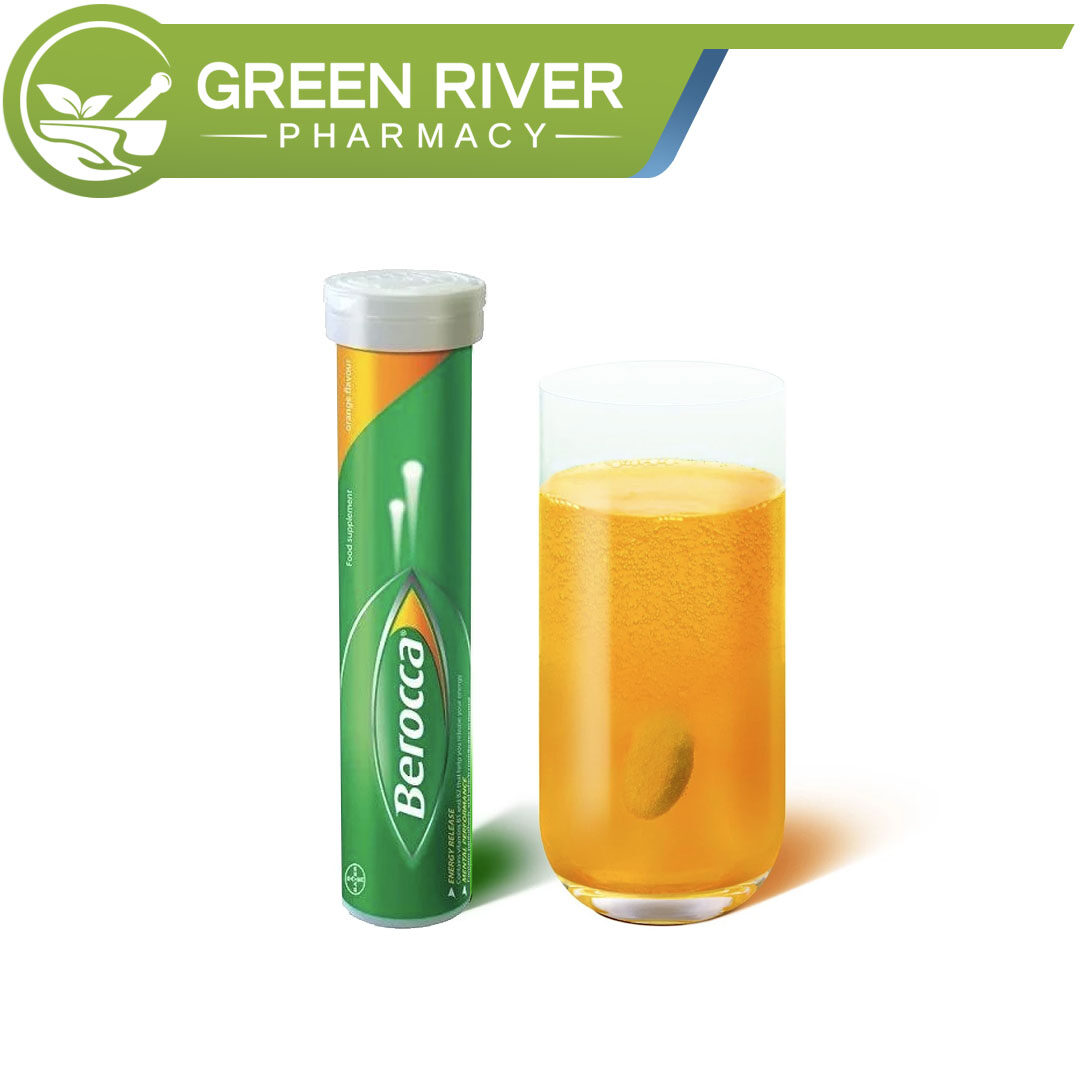
Check Price on Lazada
Each tablet contains Vitamins B1, B2, B3, B5, B6 ,B12, Biotin, Vitamin C 500mg, Calcium 100mg, Folic Acid, Magnesium, Zinc 10mg.
Berocca Vitamin C review ratings: 4.9/5 - more than 40 ratings (Lazada)
Disclaimer: The prices might vary based on the e-commerce promotions, deals or campaigns that are launched on a regular basis in Singapore.
What You May Not Know about Vitamin C
What You May Not Know about Vitamin C
A few studies in humans have examined whether bioavailability differs among the various forms of vitamin C. In one study, Ester-C® and ascorbic acid produced the same vitamin C plasma concentrations, but Ester-C® produced significantly higher vitamin C concentrations in leukocytes 24 hours after ingestion. Another study found no differences in plasma vitamin C levels or urinary excretion of vitamin C among three different vitamin C sources: ascorbic acid, Ester-C®, and ascorbic acid with bioflavonoids.
Additionally, the Upper Limit (UL) for supplemental vitamin C — the amount most people can consume daily without negative effects — is 2,000 mg (nih.gov).
Most vitamin C supplements provide a daily dose of anywhere from 250–1,000 mg, so it can be easy to exceed the UL if you’re not careful. Be sure to read the packaging and take only the recommended dose to avoid complications.
Vitamin C may also interfere with chemotherapy, radiation treatments, or cholesterol lowering drugs (nih.gov).
That said, when used in clinical settings treating critically ill patients, very high dose vitamin C treatments are safe and not associated with significant side effects (Critical Care).
Related: Can Vitamin C Protect You Against COVID-19?
How to choose your Vitamin C supplement in Singapore
Selecting the right vitamin C supplement depends on a variety of factors, including the form, quality, dose, and price.
You can start by considering how you’ll be using the supplement. For instance, if you prefer to take a pill, you’ll want to check out encapsulated vitamin C supplements.
If you don’t like swallowing pills or want to mix it into beverages, your best bet is to consider liquid or powdered supplements.
Next, you want to check the supplement’s quality. Evaluate whether a brand is reputable by exploring their ingredient sourcing and manufacturing standards. A good product will also be tested by third-party organizations, such as USP, Consumer Labs, or NSF International.
Take a look at added ingredients, too. If you’re trying to limit your intake of added sugars, you want to opt for a supplement that doesn’t contain sugar.
Another factor to consider is the dosage. The recommended daily amount of vitamin C for adults is 90 mg for men, 75 mg for women, and up to 120 mg for women who are pregnant or breastfeeding. However, certain medical conditions may require that you take much higher doses (nih.gov).
Children have lower vitamin C requirements, which range from 25–75mg per day, depending on their age. However, it’s not generally advised to give children a vitamin C supplement unless their pediatrician has recommended it.
Note that the Tolerable Upper Intake Level (UL) for vitamin C for men, as well as women ages 19 and above, is 2,000 mg. Meanwhile, the UL for children ranges from 400–1,800 mg, depending on age. Daily intakes at or below these amounts are unlikely to result in any adverse health effects (nih.gov).
Although vitamin C is a natural compound, getting too much of it can cause uncomfortable and potentially serious side effects.
Some of the most common reported side effects include headaches, flushed skin, nausea, and vomiting (Trusted Source). Consuming high doses of vitamin C for prolonged periods may also increase your risk of kidney stones (Trusted Source).
Generally, high doses of vitamin C are unnecessary and could contribute to harmful side effects. Only consume high doses if your healthcare provider recommends doing so.
Finally, you want to consider your budget. Some professional-grade brands can be expensive, but keep in mind that a higher price doesn’t necessarily mean a better product. There are plenty of high quality options available at various price points.

.png)
.png)






Comments
Post a Comment